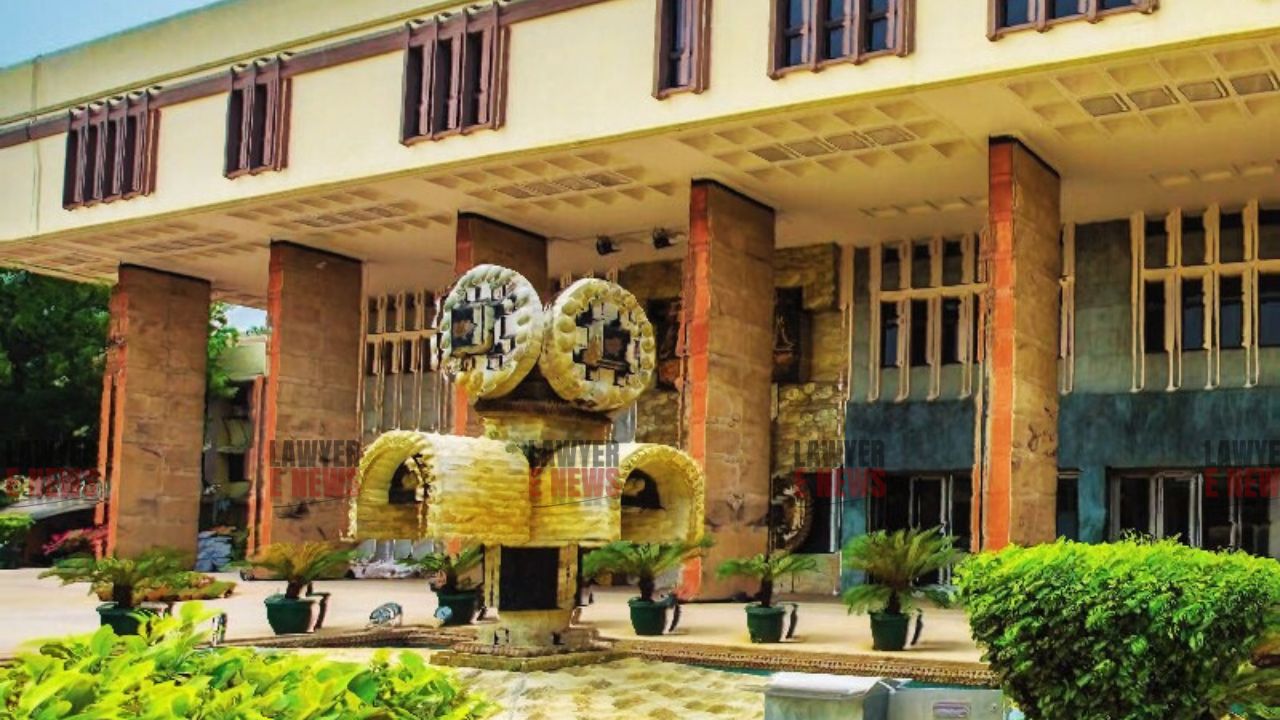-
by Admin
15 February 2026 5:01 PM



Special Judge's order summoning accused in IPO misuse case quashed due to lack of jurisdiction. The Delhi High Court has invalidated the restoration of a dismissed complaint and subsequent summoning of the accused in a case involving alleged misuse of IPO proceeds. The judgment, delivered by Justice Navin Chawla, underscores the absence of provisions in the Criminal Procedure Code (CrPC) that would permit subordinate courts to recall dismissal orders due to non-appearance of complainants.
The Registrar of Companies filed a complaint under Sections 447 and 448 of the Companies Act, 2013, alleging that Vakamulla Chandrashekhar and associated entities diverted IPO proceeds amounting to ₹1540.56 lakhs. Due to non-appearance of the complainant, the Special Judge dismissed the complaint on April 24, 2019. The complaint was later restored on August 13, 2019, and summons were issued to the petitioners on April 16, 2022. The petitioners challenged these orders before the Delhi High Court.
Justice Navin Chawla emphasized that once a complaint is dismissed for non-appearance of the complainant, the court becomes functus officio and cannot recall or restore the complaint. The judgment referenced the Supreme Court's decision in A.S. Gauraya & Anr. v. S.N. Thakur & Anr., highlighting that the CrPC does not grant subordinate courts inherent powers to revive dismissed complaints.
The court pointed out that the correct legal recourse for the complainant would have been to file a fresh complaint under the law, rather than seeking the restoration of the dismissed one. The judgment clarified that while the High Court has inherent powers under Section 482 of CrPC, these powers are not available to subordinate courts.
The High Court stressed that the Special Judge's order dated August 13, 2019, essentially attempted to review or recall the earlier dismissal, which is not permissible under the CrPC. The court emphasized that the lack of specific provisions allowing such restoration under CrPC makes the Special Judge’s actions unlawful.
Justice Navin Chawla remarked, “In the absence of any specific provision in the Code, a Magistrate cannot exercise any inherent jurisdiction.” He further noted, “The Criminal Procedure Code does not contain any provision enabling the criminal court to exercise such an inherent power.”
The Delhi High Court’s decision underscores the procedural constraints imposed on subordinate criminal courts, reaffirming the need to follow the statutory framework of the CrPC. This ruling directs complainants to pursue appropriate legal remedies, thereby maintaining the procedural integrity of the judicial process.
Date of Decision: May 15, 2024
